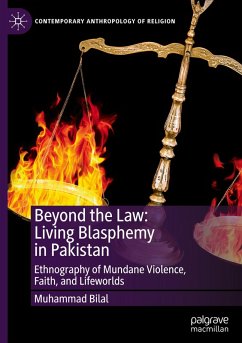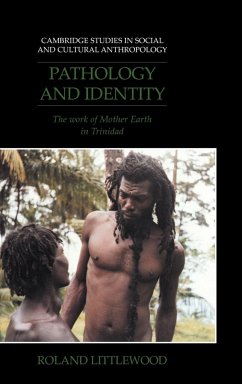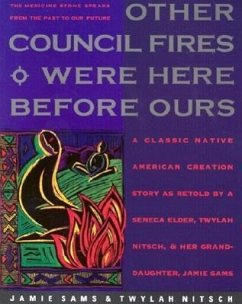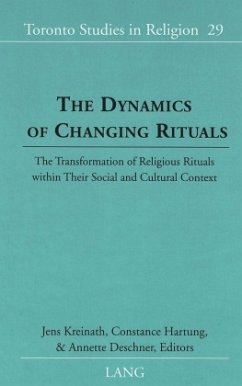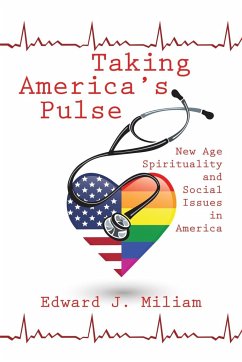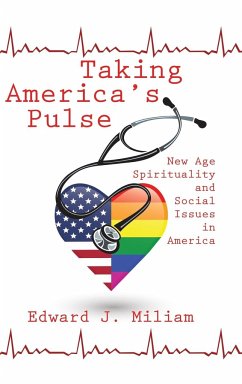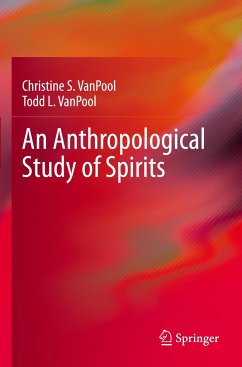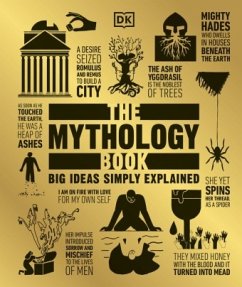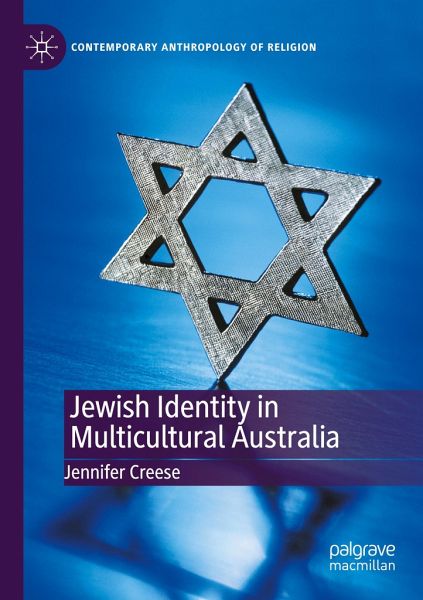
Jewish Identity in Multicultural Australia
Versandkostenfrei!
Versandfertig in 6-10 Tagen
106,99 €
inkl. MwSt.
Weitere Ausgaben:

PAYBACK Punkte
53 °P sammeln!
This book offers a timely insight into ideas of 'belonging' in multicultural society from a Jewish perspective, one which is largely missing from the discourse on multiculturalism. There is a current climate in Australia, as there is in the United States, Europe and elsewhere, of rising tensions around migration, religious freedom, and far right extremism. These tensions have been fanned the Israeli-Palestine conflict coming under increased international scrutiny in recent months. Understanding how Jewish communities attempt to build and guide an understanding of what Jewishness means in conte...
This book offers a timely insight into ideas of 'belonging' in multicultural society from a Jewish perspective, one which is largely missing from the discourse on multiculturalism. There is a current climate in Australia, as there is in the United States, Europe and elsewhere, of rising tensions around migration, religious freedom, and far right extremism. These tensions have been fanned the Israeli-Palestine conflict coming under increased international scrutiny in recent months. Understanding how Jewish communities attempt to build and guide an understanding of what Jewishness means in contemporary multicultural societies is crucial for supporting the right to safety in diversity, not only for Jews but for multiple minority groups. In delivering such understanding, this book has insights not only in an Australian, but a broader international, context.
This book explores how various facets of Jewish life are experienced and expressed in Australia, drawing on rich ethnographicand archival research conducted within the mid-sized Jewish community in South-East Queensland, Australia, which has never before been examined. Jewish Identity in Multicultural Australia explores how Jewish identity is manifested and experienced across a wide range of facets: religion and religiosity, ethnicity and ethnonational identity, history and memory, antisemitism and racism, Zionism and diasporic identity, and family and kinship. Across these key themes, the book builds on a core argument: that contemporary Jewish communities work in certain, set ways and promote certain, set norms within a framework of state multiculturalism to forge a safe, supported place for Jewish life, practice and identity of all shapes and sizes.
This book explores how various facets of Jewish life are experienced and expressed in Australia, drawing on rich ethnographicand archival research conducted within the mid-sized Jewish community in South-East Queensland, Australia, which has never before been examined. Jewish Identity in Multicultural Australia explores how Jewish identity is manifested and experienced across a wide range of facets: religion and religiosity, ethnicity and ethnonational identity, history and memory, antisemitism and racism, Zionism and diasporic identity, and family and kinship. Across these key themes, the book builds on a core argument: that contemporary Jewish communities work in certain, set ways and promote certain, set norms within a framework of state multiculturalism to forge a safe, supported place for Jewish life, practice and identity of all shapes and sizes.



